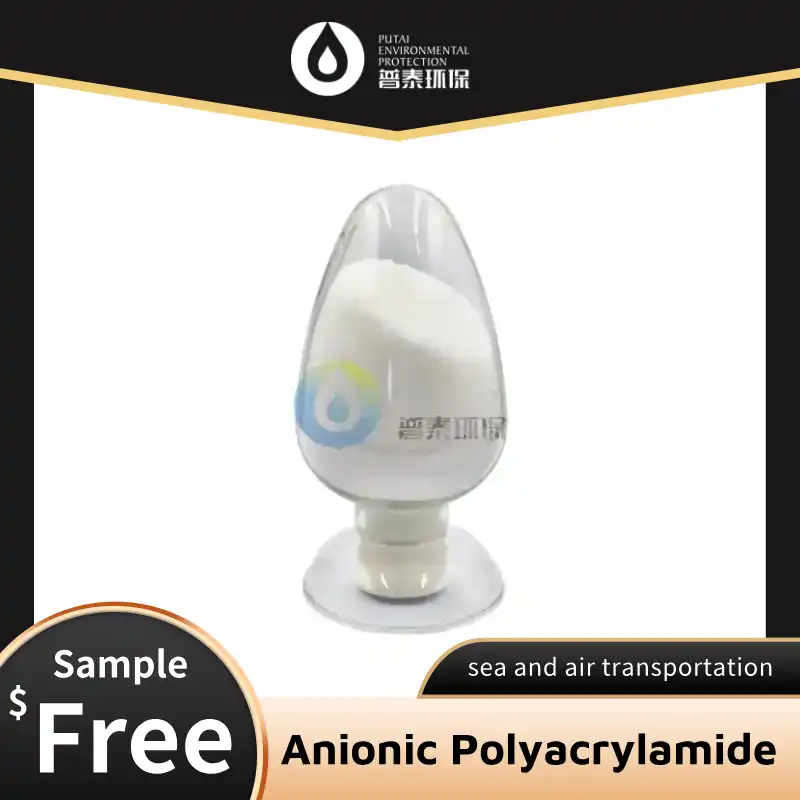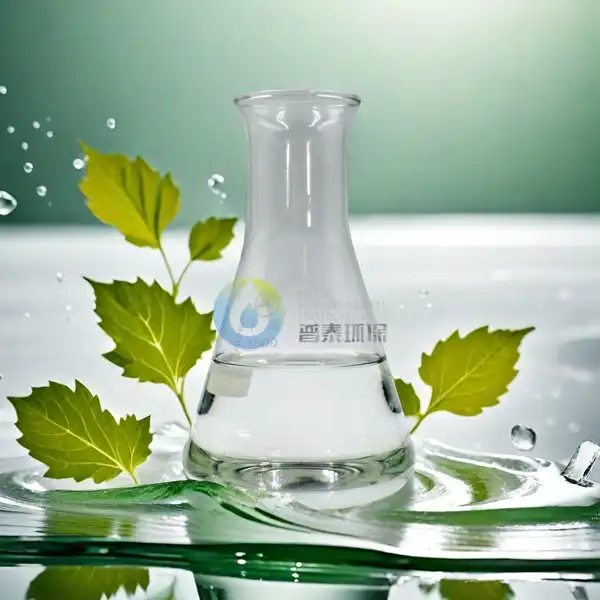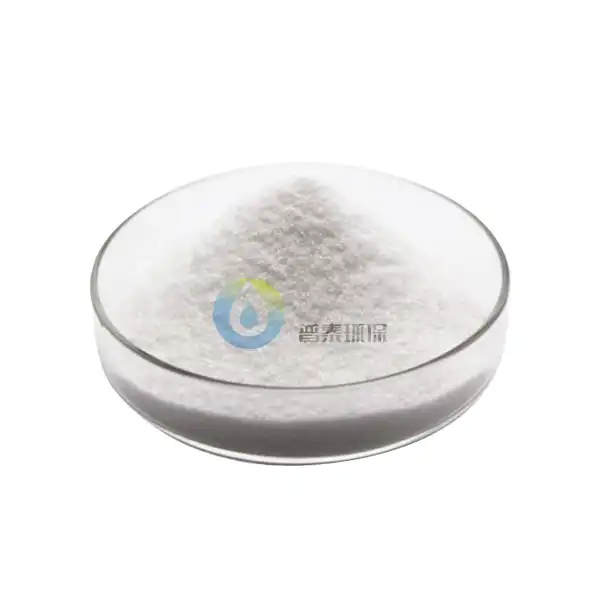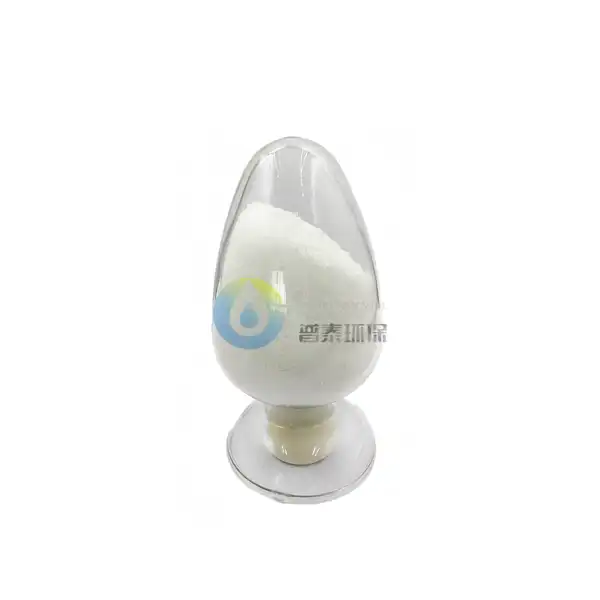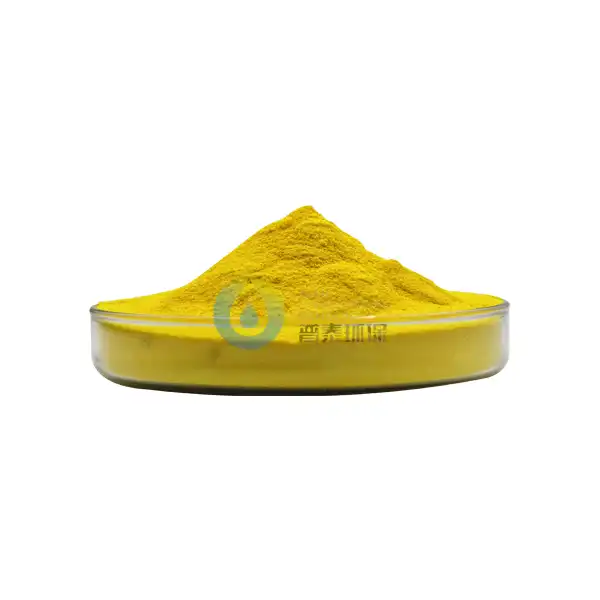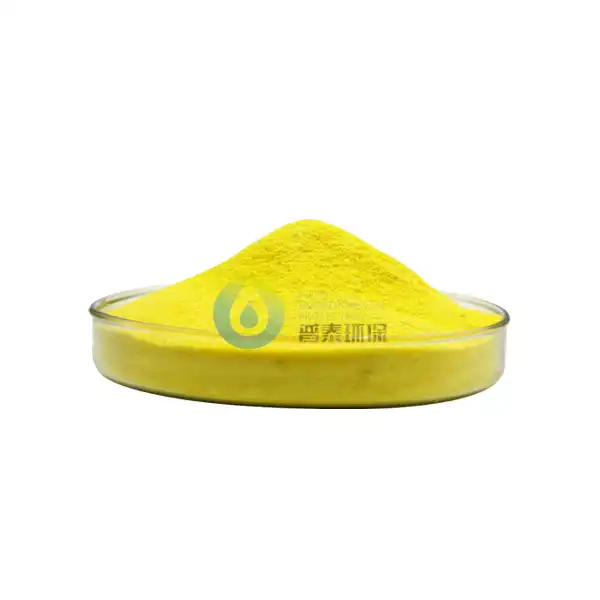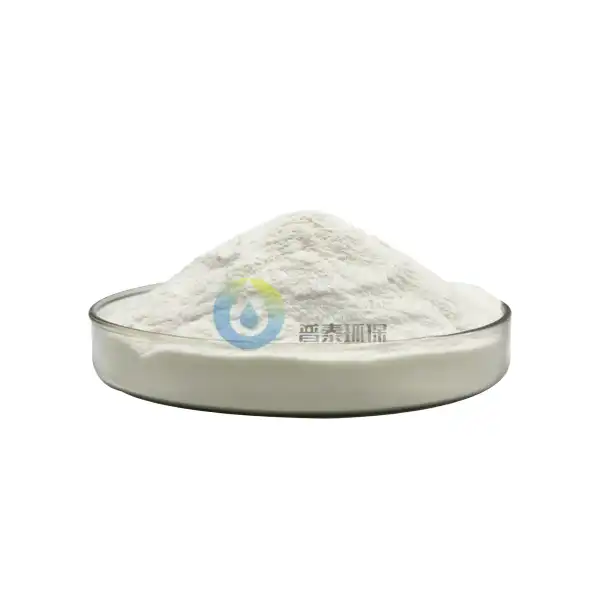What are the Common Uses of Citric Acid Monohydrate in Industrial Applications?
Citric Acid Monohydrate represents a versatile and critical chemical compound that plays a pivotal role across numerous industrial sectors. This remarkable substance, characterized by its crystalline structure and unique chemical properties, has become an indispensable ingredient in various manufacturing processes, environmental treatments, and technological applications. Our exploration will delve into the multifaceted industrial uses of Citric Acid Monohydrate, highlighting its significance in modern industrial landscapes and demonstrating why it has become a cornerstone material for many cutting-edge industries.
How Does Citric Acid Monohydrate 25kg Impact Food and Beverage Manufacturing Processes?
The Role of Citric Acid Monohydrate in Flavor Enhancement
Industrial food production demands precise ingredient management, and Citric Acid Monohydrate 25kg packages offer manufacturers an optimal solution for large-scale flavor modification. Food scientists meticulously utilize this compound to create tangy profiles in beverages, confectioneries, and processed foods. The standardized 25kg packaging ensures consistent quality and ease of handling, allowing production teams to maintain exact proportions and achieve predictable sensory outcomes. Manufacturers appreciate the precise measurements and uniform crystalline structure that enable them to craft sophisticated flavor experiences while maintaining strict quality control standards.
Preservation and Shelf-Life Extension Techniques
Citric Acid Monohydrate 25kg supplies serve as a critical preservation agent in the food industry, effectively inhibiting microbial growth and preventing oxidation. By strategically incorporating this compound, food manufacturers can significantly extend product shelf life without compromising nutritional integrity. The antioxidant properties inherent in Citric Acid Monohydrate help stabilize color, texture, and overall product quality, making it an essential ingredient for processed foods, canned goods, and packaged beverages that require extended preservation capabilities.
Quality Control and Standardization in Food Production
Industrial food production requires rigorous quality control mechanisms, and Citric Acid Monohydrate 25kg packages provide manufacturers with a standardized solution for achieving consistent results. Quality assurance teams rely on the precise chemical composition of this compound to maintain uniform product characteristics, regulate acidity levels, and ensure compliance with international food safety regulations. The predictable nature of Citric Acid Monohydrate allows for sophisticated quality management strategies that minimize variability and maximize production efficiency.
What Critical Functions Does Citric Acid Monohydrate 25kg Serve in Water Treatment Technologies?
Advanced Water Purification Mechanisms
Water treatment technologies increasingly depend on Citric Acid Monohydrate 25kg supplies to facilitate complex purification processes. Environmental engineers utilize this compound's chelating properties to effectively remove heavy metal contaminants, neutralize harmful ions, and stabilize water chemistry. The precise molecular structure enables sophisticated ion exchange mechanisms that transform potentially hazardous water sources into safe, consumable resources for industrial, municipal, and agricultural applications.
Scale Prevention and Equipment Maintenance
Industrial water systems face significant challenges from mineral accumulation and scale formation, where Citric Acid Monohydrate 25kg emerges as a critical intervention tool. The compound's exceptional chelating capabilities allow it to bind with calcium and magnesium ions, preventing scale deposits in pipes, heat exchangers, and other critical infrastructure. By implementing strategic Citric Acid Monohydrate treatments, industries can dramatically reduce maintenance costs, extend equipment lifespans, and maintain optimal operational efficiency.
Environmental Compliance and Sustainable Treatment Strategies
Modern water treatment protocols demand environmentally responsible solutions, and Citric Acid Monohydrate 25kg packages offer a sustainable approach to complex purification challenges. Environmental scientists appreciate the compound's biodegradable nature and low toxicity, which align perfectly with stringent ecological regulations. By replacing more aggressive chemical treatments, Citric Acid Monohydrate supports industries in achieving their sustainability goals while maintaining high-performance water treatment standards.
How Does Citric Acid Monohydrate 25kg Contribute to Advanced Manufacturing and Chemical Processes?
Pharmaceutical and Medical Manufacturing Integration
Pharmaceutical production relies extensively on Citric Acid Monohydrate 25kg supplies as a critical processing agent and pH regulator. Research laboratories and medical manufacturing facilities utilize this compound's precise chemical properties to develop complex medication formulations, ensure optimal drug stability, and maintain stringent quality control standards. The consistent crystalline structure of Citric Acid Monohydrate enables pharmaceutical researchers to achieve reproducible results with exceptional accuracy.
Chemical Synthesis and Research Applications
Advanced research environments leverage Citric Acid Monohydrate 25kg packages as a fundamental reagent in sophisticated chemical synthesis processes. Its versatile molecular structure allows researchers to facilitate complex reactions, develop innovative materials, and explore cutting-edge technological applications. The compound's reliability and predictable behavior make it an indispensable tool for chemists working on groundbreaking scientific investigations across multiple disciplines.
Precision Manufacturing and Industrial Processes
Modern manufacturing technologies increasingly incorporate Citric Acid Monohydrate as a critical processing component. Industries ranging from electronics to specialized material production utilize this compound's unique properties to achieve precise chemical interactions, develop advanced composite materials, and optimize manufacturing workflows. The 25kg packaging format ensures consistent supply and supports large-scale industrial operations with uninterrupted access to this essential chemical resource.
Conclusion
Citric Acid Monohydrate emerges as a transformative industrial chemical, bridging technological innovation across food, water treatment, and advanced manufacturing sectors. Its versatility, reliability, and environmentally responsible characteristics position it as an indispensable resource in modern industrial landscapes.
Xi'an Putai Environmental Protection Co., Ltd. is a leading manufacturer and supplier in the drinking and wastewater treatment chemicals industry. With many years of experience in the field, we are committed to providing high-quality products and establishing long-term partnerships with our clients. Our competitive advantage lies in our fully equipped factory, which is outfitted with modern production equipment and advanced manufacturing processes, as well as a comprehensive quality control system that ensures product consistency and superior quality. Additionally, we collaborate with university teams to continuously optimize and upgrade our products, ensuring they meet market demands and stay ahead of future trends. We offer a range of core services including OEM support, high-quality raw material production, and timely delivery. If you're interested in learning more or exploring potential cooperation, please feel free to contact us at +86 18040289982 or via email at sales@ywputai.com. We look forward to the opportunity to work with you.
References
1. Patterson, J.W. (2019). Industrial Water Treatment Technologies: Advanced Purification Strategies. Academic Press.
2. Richardson, M.E. (2020). Food Preservation and Additives: Modern Industrial Applications. Springer Publications.
3. Thompson, K.L. (2018). Pharmaceutical Chemistry: Innovative Processing Techniques. CRC Press.
4. Wang, H. (2021). Sustainable Chemical Engineering in Modern Manufacturing. Wiley-Blackwell.
5. Rodriguez, S.A. (2017). Environmental Compliance in Industrial Chemical Processes. Elsevier Science.
6. Kumar, R.P. (2022). Advanced Materials and Chemical Synthesis Techniques. Nature Scientific Publications.

